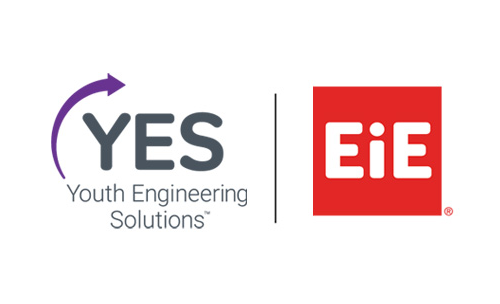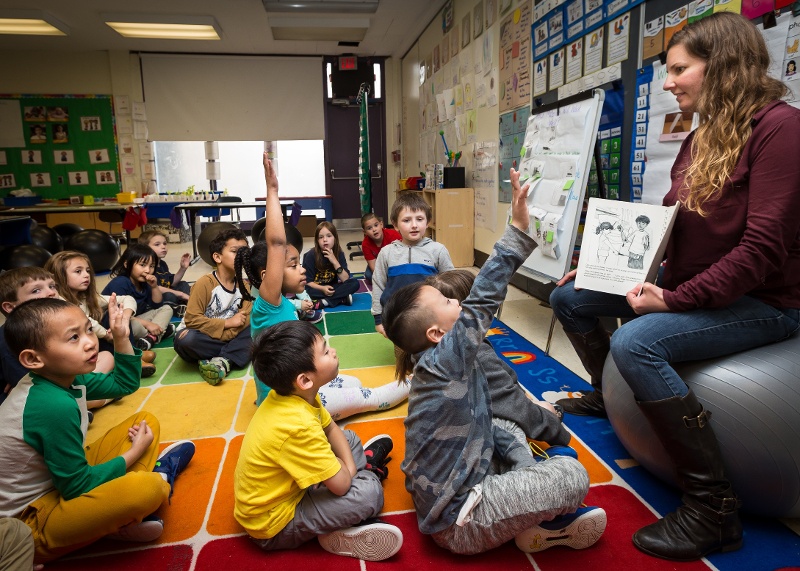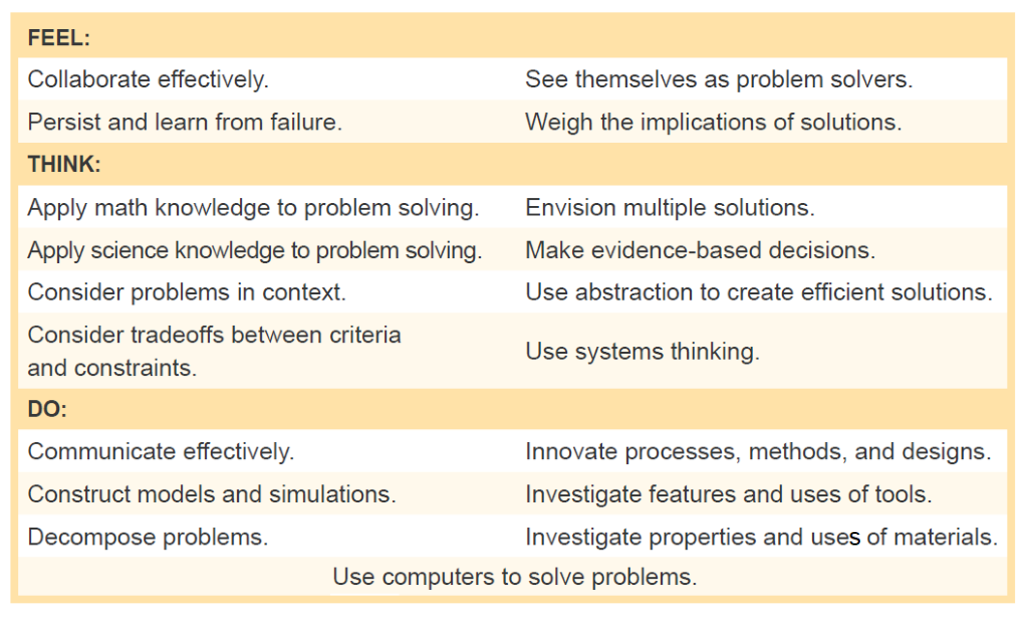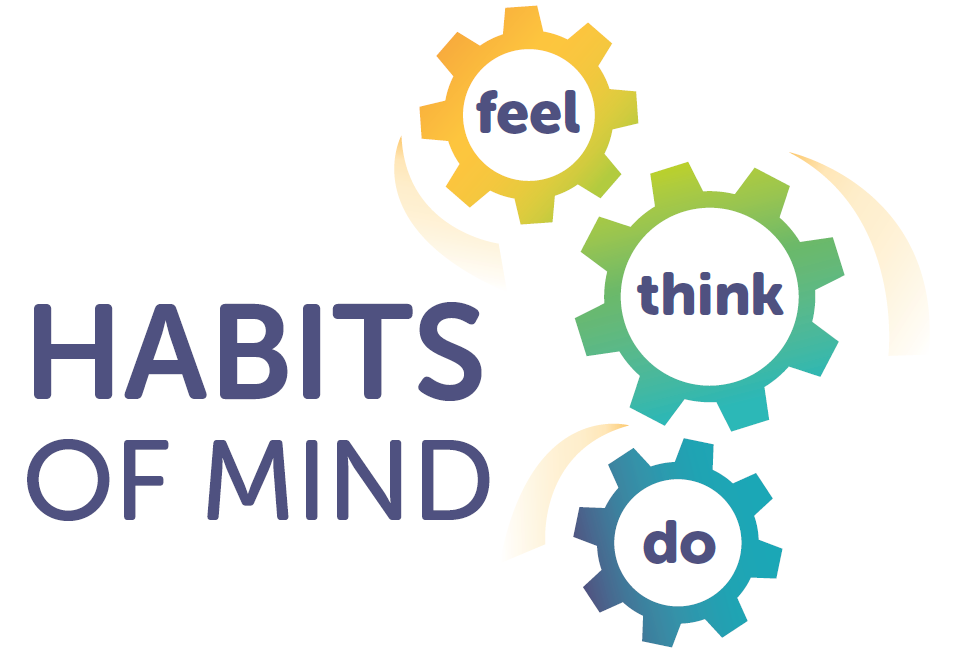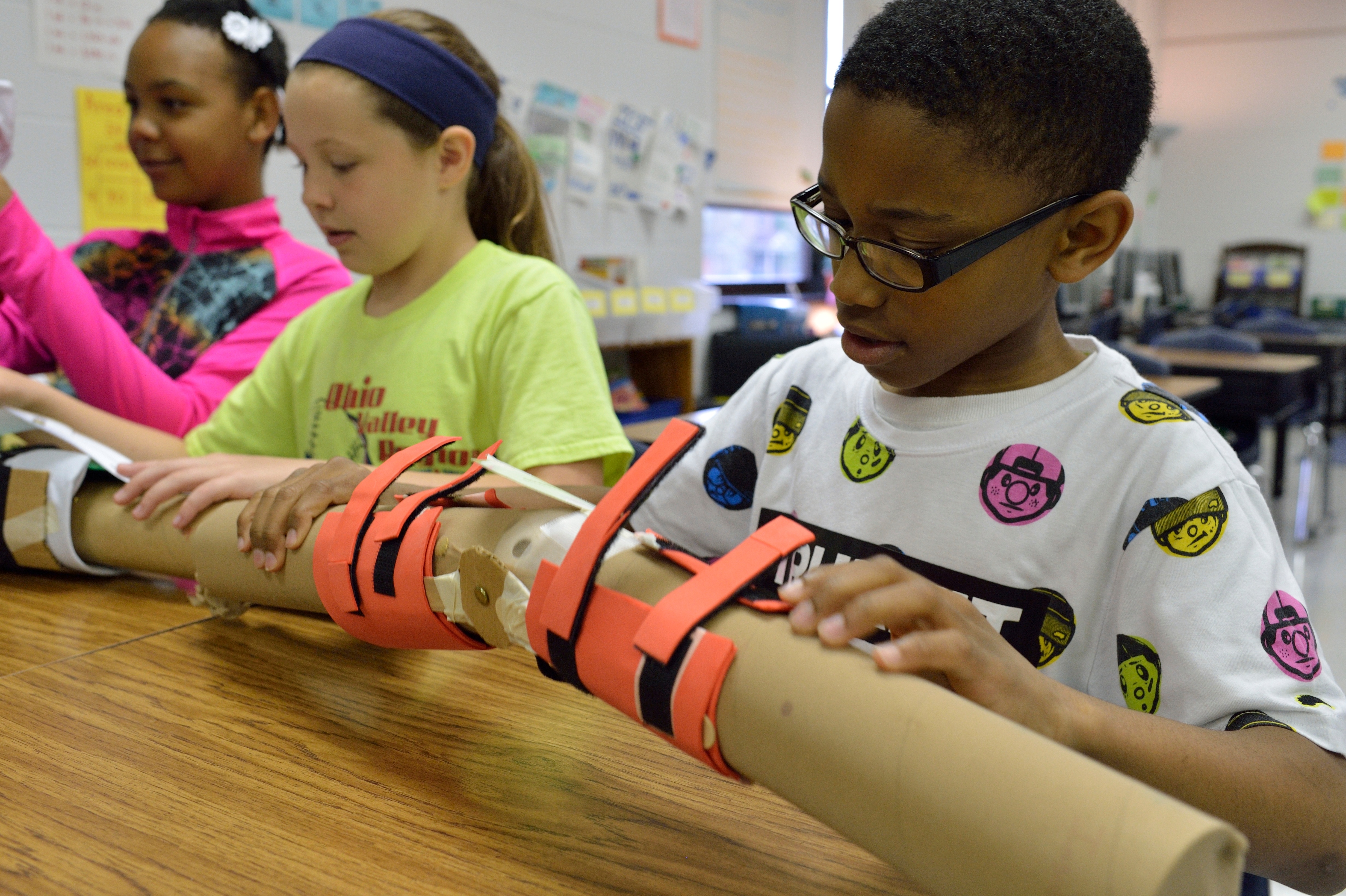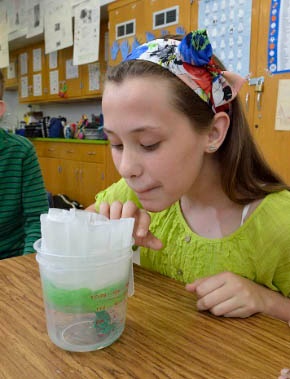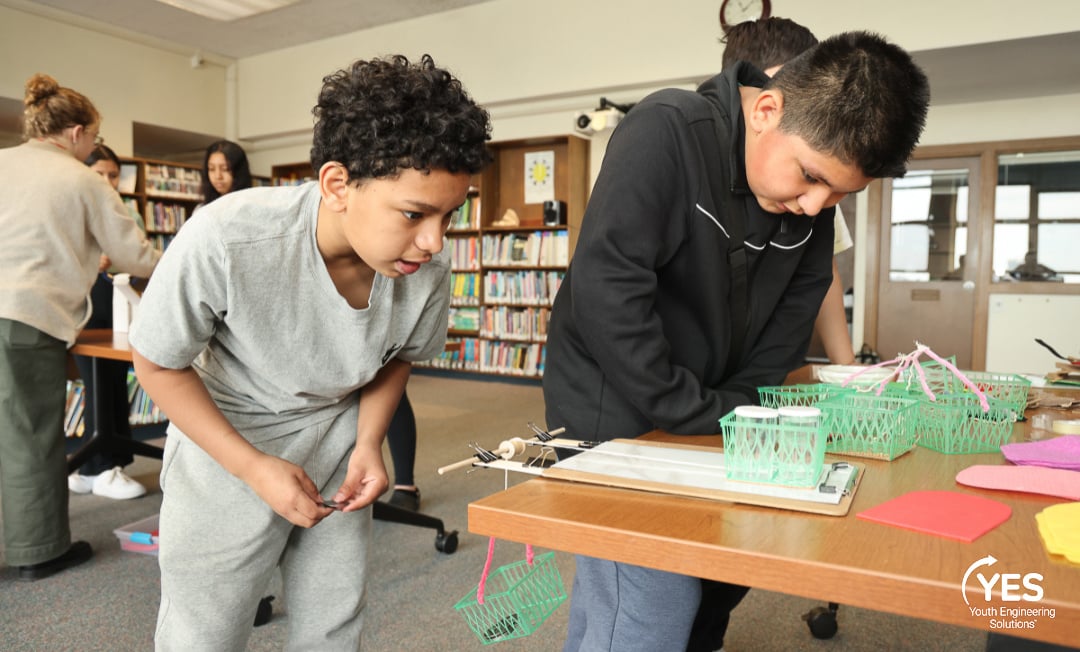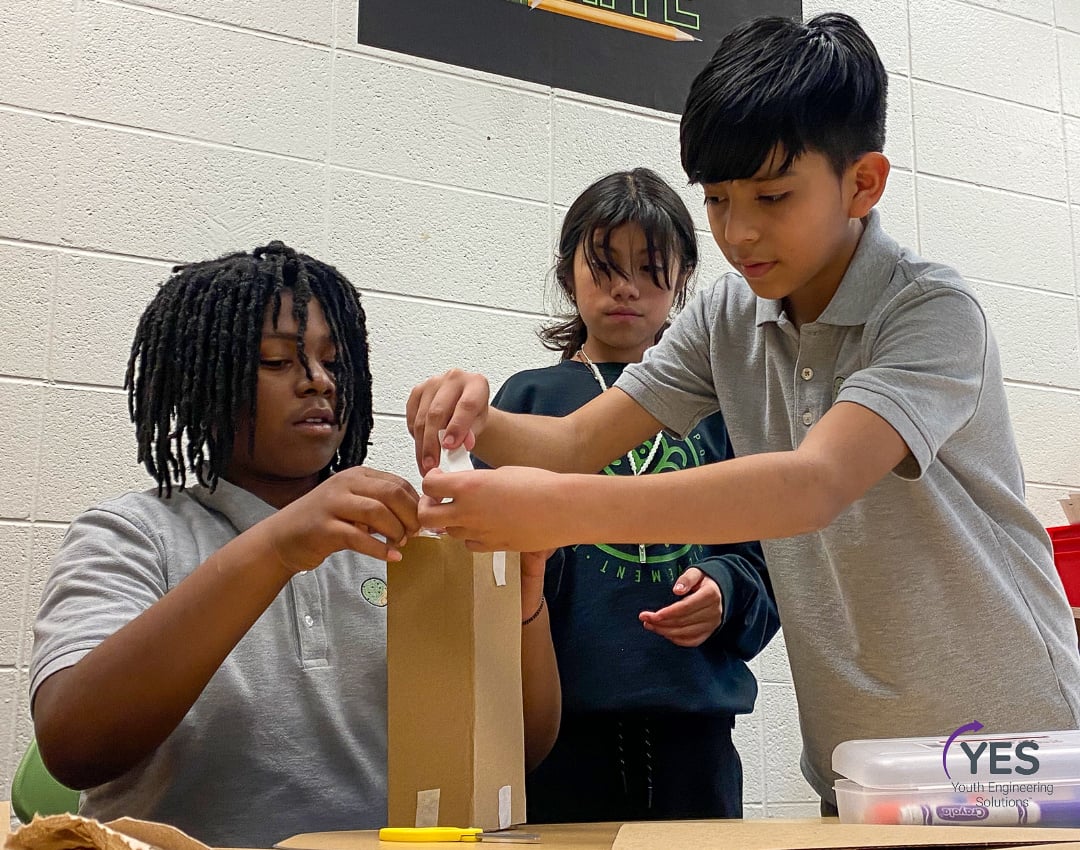One exciting feature of the Engineering and Computer Science Essentials curriculum is a set of resources focused on the EiE Habits of Mind. Today, we’ll examine two of those resources: Lesson-Specific Habits and Habits of Mind Discussion Prompts.
Engineering Habits of Mind | EiE Teaching Tips | Create a Generation of Problem Solvers | Computer Science | Tuesday, November 17
Using Habits of Mind in the Classroom
As part of the development of the Engineering and Computer Science Essentials curriculum, the EiE team created the EiE Habits of Mind, a list of 19 practices used by engineers and computer scientists. Today, we’ll look more closely at how this list is useful in the classroom.
Engineering Habits of Mind | Create a Generation of Problem Solvers | Computer Science | Tuesday, November 3
Integrating Engineering and Computer Science with the EiE Habits of Mind
As mentioned in my previous post, Introducing the EiE Habits of Mind, our team faced several questions as we began developing Engineering and Computer Science Essentials: Should we revise our list of Engineering Habits of Mind? Should we create new Computer Science Habits of Mind? Were the two fields similar enough that they should share Habits?
Engineering Habits of Mind | Create a Generation of Problem Solvers | Computer Science | Friday, October 30
Introducing the EiE Habits of Mind
Engineering Habits of Mind | Thursday, May 25
Beyond Memorization: Engineering Helps Kids See the Big Picture
The students in Jean Facchiano's fourth-grade class have spent the morning engineering their own models of permeable membranes, using ordinary kitchen supplies like sponges, coffee filters, and perforated aluminum foil. The goal is to design a system that lets water drip into a frog habitat, keeping the container slightly damp, not dry or flooded.
Each group of students has come up with their own unique system for controlling water flow into the habitat. Now, in the video below, the students present their results. It's not just a show-and-tell; it's a concise demonstration of elementary students starting to apply their systems-thinking skills.
